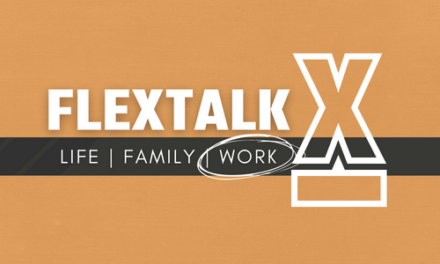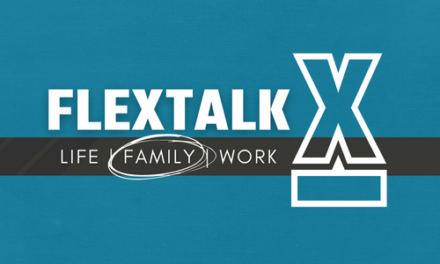Even fighter pilots need to be in touch with their feelings in order to lead well.
Talking Points:
- EQ isn’t about your intellectual smarts. It’s about your emotions and your relationships. It’s about knowing and understanding yourself and others.
- Nonverbal communication – things like body language or facial expressions – reveal how people feel on the inside. An emotionally healthy person will be able to read those signs in someone and can respond appropriately.
- Resilience is also an important attribute to good EQ. You have to be able to accept criticism from your peers if you want the freedom to offer critiques of your own.
- Healthy leaders have a growth mindset. You don’t quit when the going gets tough and you don’t wallow in self pity. You acknowledge your weaknesses and work to overcome them.
Discussion Questions:
- Initial reactions to this topic? What jumped out at you?
- Who’s the smartest person you know? How do those smarts help or hurt them relationally?
- Share some insights you’ve learned about yourself in the last year. What has surprised you most?
- Are you more of a doer or an observer at work? Why is it important to balance the tasks that need to be done with building relationships with co-workers?
- How do you typically respond to criticism? What does your response say about you?
- Identify 3 weaknesses in yourself as a leader. What will/can you do to grow in those areas?
- Is there a step you need to take based on today’s topic?





